- Home
- Services
Our experienced team of developers and designers works closely with you to understand your needs and deliver high-quality, scalable, and user-friendly software applications.
- Solutions
- About Us
- Contact Us
Mobile App Development
TOOLS AND TECHNOLOGIES FOR MOBILE APP DEVELOPMENT
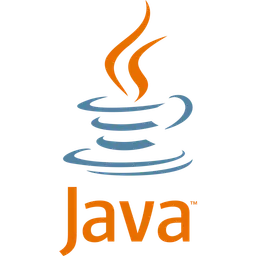
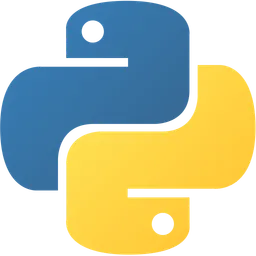
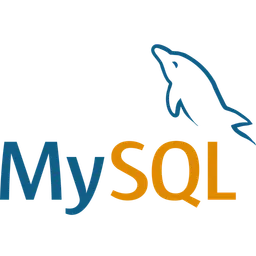
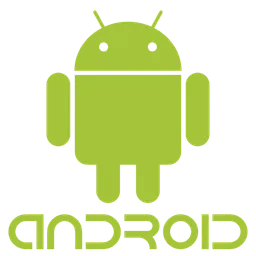

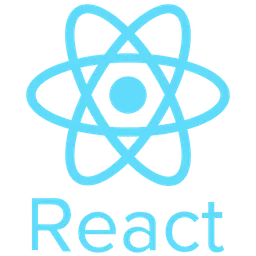

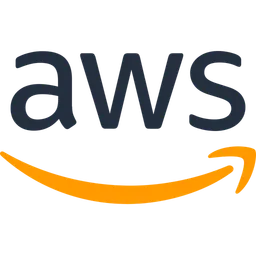
1. Programming Languages:
The platform on which a mobile app is being developed determines the programming language that should be used. Swift is the main programming language for iOS apps; Java and Kotlin are the languages of choice for Android apps. While not as popular as Swift and Java, other programming languages like C++, C#, and JavaScript can also be used to create mobile apps.
2. Integrated Development Environments (IDEs):
IDEs offer a full suite of tools, such as code editors, debuggers, and build tools, for creating mobile applications. Xcode for iOS apps, Android Studio for Android apps, and Visual Studio for cross-platform apps are a few of the well-liked IDEs for developing mobile apps.
3. Version Control Systems (VCS):
With VCS, developers can work together and keep track of changes made to their code over time. Popular version control systems (VCS) for creating mobile apps include Git, Subversion, and Mercurial.
4. Cloud Platforms:
For the development of mobile apps, cloud platforms offer a variety of services, such as databases, computing, and storage. Google Cloud Platform (GCP), Microsoft Azure, and Amazon Web Services (AWS) are a few of the well-liked cloud computing platforms for creating mobile apps.
Bug tracking systems, analytics platforms, and user testing tools are just a few of the products and services that may be utilized to improve the mobile app development process in addition to these fundamental tools and technologies. The particular needs of the app being produced determine which technology and tools should be used for its development.
THE PROGRAMMING LANGUAGES
1. PYTHON:
Python has surged in popularity due to its versatility, simplicity, and readability. It’s favored for web development, data science, machine learning, and AI, thanks to its extensive standard library and third-party modules.
2. JAVA:
Known for its portability, security, and reliability, Java is a stalwart in enterprise-level applications, web development, and Android app development. Its platform independence and robust ecosystem make it a preferred choice.
3. JAVASCRIPT:
JavaScript powers dynamic and interactive web pages, adding functionality like form validation and animations. Its ubiquity in web browsers and support from frameworks like React, Angular, and Vue.js make it indispensable for web development.
4. C++:
Renowned for high performance and control, C++ is used in operating systems, embedded systems, and game development. Its low-level access to hardware resources and memory management makes it ideal for resource-intensive applications.
5. C#:
Developed by Microsoft, C# is valued for its ease of use, rich library support, and integration with the .NET framework. It’s favored for desktop applications, web services, and mobile apps, thanks to its versatility and Visual Studio support.

